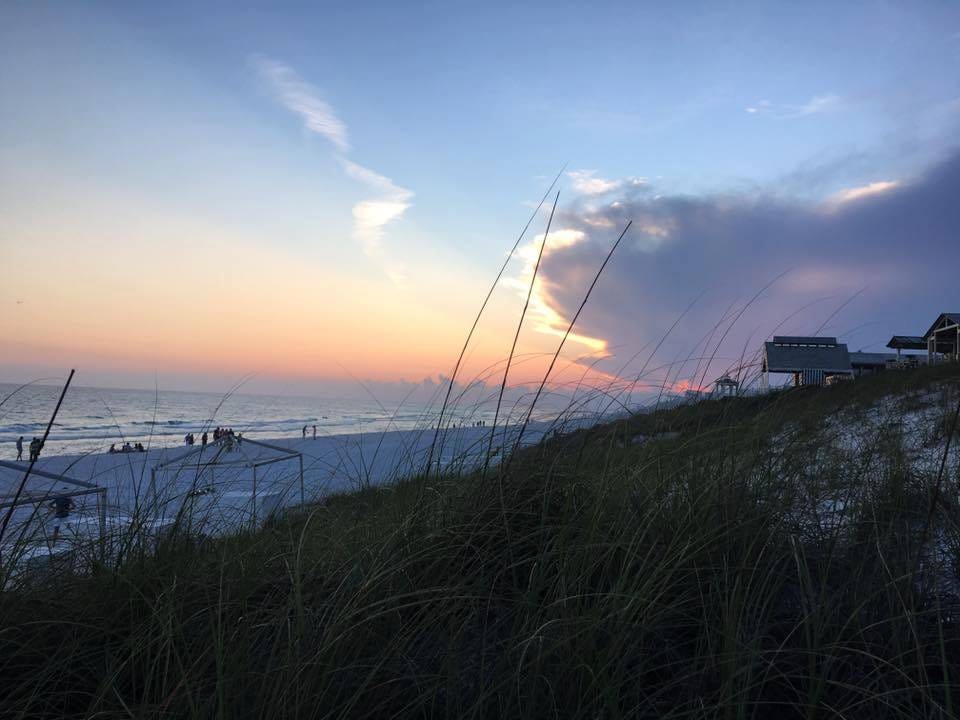A Find
First, I just need to share with you the wonderfully spicy cover of the Sept. 19, 1925 New Yorker. A lot was worse back then, but some things were better.
A Short Story Recommendation
I was just revisiting this wonderful Maile Meloy story, “The Proxy Marriage,” and figured I should tell you all to read it. It’s that rarest of things: a short story with (basically) a happy ending.
From the Files
I mentioned last time that I keep a file of my most common advice to my students. Here are two more clips from it. In these cases, the paragraphs refer to very specific stories—but change a few details, and they might apply to you, too.
TOO MUCH DYSTOPIA
I notice a tendency when people are drafting a dystopia for them to include every major bugaboo and ascribe it to one administration/society. So here we have not just family separations and relocations but also the end of all food, and genetic manipulation, and GPS tracking of humans, and genetic tracking, and constant surveillance, and closed borders, and disappeared people, and the end of media, and the end of the internet (I think?) and concentration camps, and mind control, and, and, and. It starts to feel manufactured (a list of nearly everything we fear, all at once)—and I think you might have bitten off more than you can chew in terms of explaining all these elements and getting us there realistically.
ORIENTATION – WRITE FOR A CHILD
In most cases, one of the most important things in the opening pages of a story or novel is that the reader feel oriented. We need things to picture, and a strong sense of where we are and what’s happening. I wonder to what extent you can mitigate our confusion and help us feel oriented and immersed by delaying or eliminating some of these unfamiliar elements, and/or providing more clarity on the complex concepts. I’m not suggesting dumbing this down or taking away from the wonderful mythology you’ve built, but giving us this story chronologically and looking hard at the clarity of your sentences could go a long way. One thing you might do, just as an experiment, is write a version of this story as if for a ten-year-old child. (Think of a real child you know, and calibrate to their age.) You will have some very helpful instincts towards clarity when you do that. You won’t keep it this way, but the moves you make might be instructive towards ways you can help orient and clarify the actual piece.
Something to Sign Up For
I’m going to be at the Longleaf Writers Conference in Seaside, Florida in May, and if a writers conference literally on the beach (well, parts of it are on the beach, and parts are inside, and there’s definitely indoor plumbing) sounds good, you should join us. There are scholarships and fellowships available.
Here’s a picture I took there in 2016:
Hideous, I know.
A Call for Questions
I absolutely love giving people advice, especially writing advice. If you’re a paid subscriber and you have a question that you think I can answer (about writing, or publishing, or what you should read next, or why you’re stuck) please post it in the comments and I’ll do my best to get to it next time!
Some Writing Prompts
(If you want, share your responses in the comments below. I’ll probably be able to tell the advice questions from the creative output.)
The very bad art in this hotel room is, disturbingly, a painting of the house you grew up in.
Write a story that starts with Marcus finding his father’s old fraternity paddle.
In its lifetime, a worker honeybee makes only about 1/12 of a teaspoon of honey. Write about that.
Write about an archeologist on a quest to prove or disprove biblical accounts.
Write about how your face used to look.
As with last time, I’ll post a bunch more prompts (mostly ones I originally put out on Twitter in 2020) after the paywall as an inadequate thanks for paid subscribers. There are fifteen down there! Fifteen!
Keep reading with a 7-day free trial
Subscribe to SubMakk to keep reading this post and get 7 days of free access to the full post archives.





